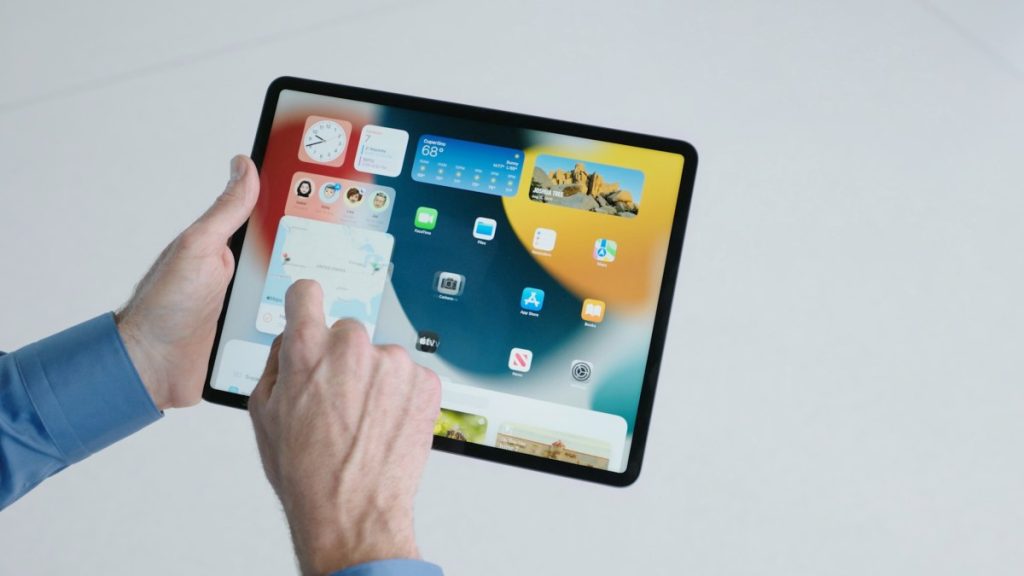EU Expands Apple’s DMA Regulation to Include iPadOS
The European Union has announced that it will apply its flagship Digital Markets Act (DMA) rules to Apple’s iPadOS, expanding the number of Apple-owned platforms regulated under the DMA to four. This move amplifies the regulatory risk for the tech giant by bringing its tablet ecosystem into the scope of the regulation.
Six-Month Compliance Timeline
Apple has been given a six-month window to ensure that iPadOS complies with the DMA’s requirements. This development could lead to significant changes in how Apple operates its tablet platform within the EU, as the company will need to adhere to a range of DMA mandates, such as:
- Prohibiting “gatekeepers” from self-preferencing their own services
- Allowing third-party app stores and sideloading of apps
- Supporting third-party payment options
- Providing access to non-WebKit versions of Safari on iPadOS
Implications for App Developers
App developers who reach customers via iPadOS will have a legal right to fair, reasonable, and non-discriminatory (FRAND) terms under the DMA. This change could create new opportunities for developers and potentially alter the competitive landscape within the Apple ecosystem.
Previous DMA Designations and Investigations
In the fall of 2023, the European Commission designated Apple’s iOS, App Store, and Safari browser as subject to the DMA’s set of up-front “dos and dont’s.” Since then, Apple has announced a series of changes to how it operates these platforms in the region. However, some aspects of Apple’s response to the DMA are already under investigation for suspected non-compliance, with the Commission opening a first wave of formal DMA investigations in March 2024.
Qualitative Criteria for iPadOS Designation
Although iPadOS did not meet the quantitative user number thresholds for DMA designation last year, the Commission has the flexibility to consider qualitative criteria when a tech giant holds an entrenched and durable position. The Commission’s investigation revealed that business users of iPadOS exceed the threshold by eleven-fold, and end-user numbers are expected to rise in the near future. Additionally, the investigation found that both end users and business users are “locked-in” to using iPadOS due to Apple’s large ecosystem and the platform’s importance for certain use cases, such as gaming apps.
“[D]espite not meeting the quantitative thresholds laid down in the DMA, [iPadOS] constitutes an important gateway for business users to reach end users and therefore should be designated as a gatekeeper,” the Commission added.
Apple’s Response and Future Engagement
In response to the iPadOS designation, Apple stated:
“We will continue to constructively engage with the European Commission to comply with the DMA, across all designated services. Our focus will remain on delivering the very best products and services to our European customers, while mitigating the new privacy and data security risks the DMA poses for our users.”
The Commission’s decision to designate iPadOS under the DMA marks the first, and so far only, market investigation it has undertaken since the regulation came into effect. This development underscores the EU’s commitment to ensuring fair competition and contestability within the digital marketplace, even as it continues to assess the compliance of major tech platforms with the DMA’s requirements.

1 Comment
Looks like Apple’s going to have to play by someone else’s rules this time!